
Exciting new series on “Voice, Body and Movement for Lawyers – How to connect with the jury and find Justice Through Dramatic Technique!”
Click here to find out more
This course will help you deal with clients, opposing counsel, and the courts in a professional manner, using common sense to make good law and, at the same time, promote integrity, honesty, compassion, kindness, and trust. We will focus on five specific ABA Model Rules of Professional Conduct—Rule 1.6, 1.9, 4.4, 5.6 and 7.1—one sample state’s Lawyer’s Creed, which is directed to setting minimum standards for attorney civility, and some real-world cases, including but not limited to In re A.P., 9 Wash. App. 2d 1089 (Wash. Ct. App. 2019). It is not, however, an Ethics program and you will not receive Ethics credit.
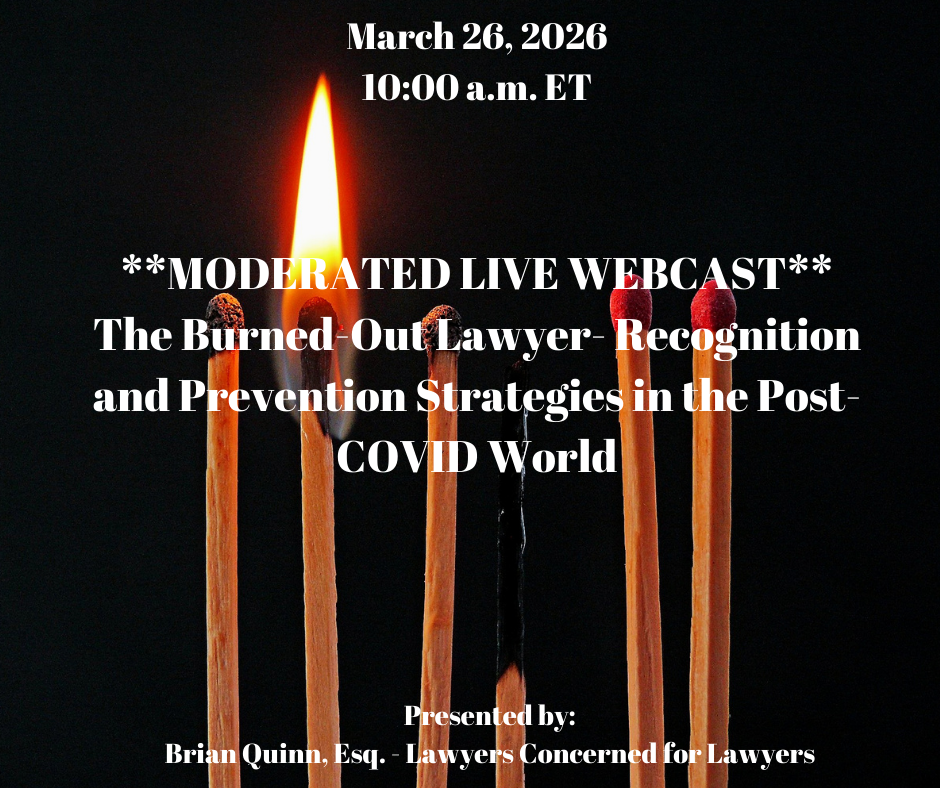
If there is one word we heard during our journey through the pandemic and continue to hear more than...
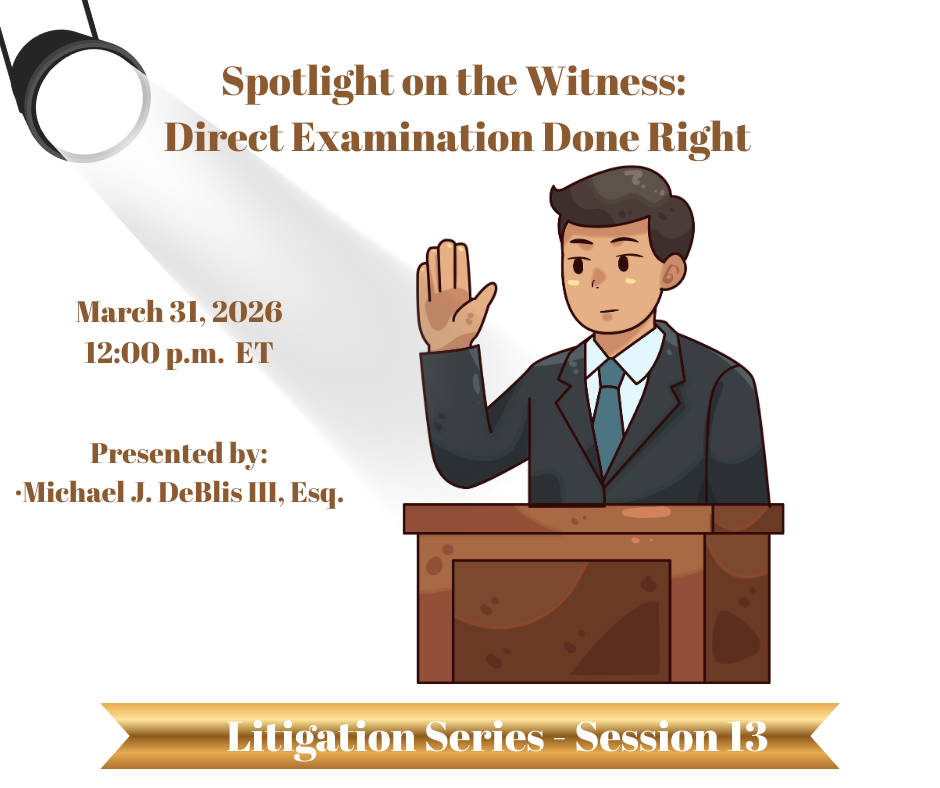
The direct examination presentation outlines how attorneys can elicit truthful, credible testimony w...
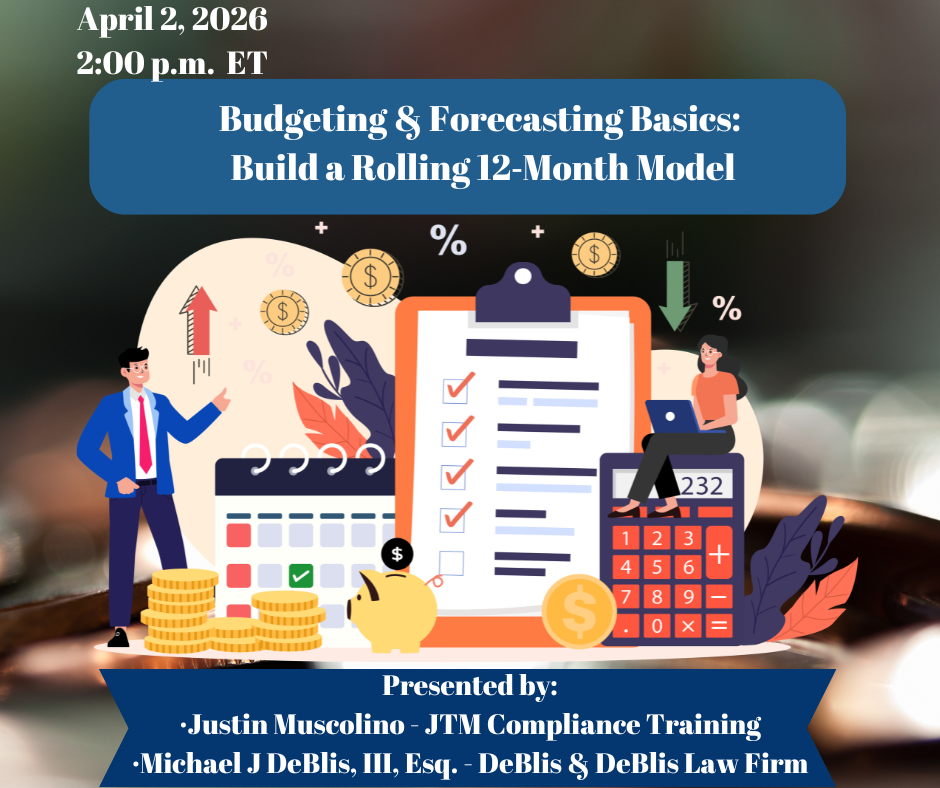
This CLE session introduces attorneys to budgeting and forecasting concepts used in corporate planni...
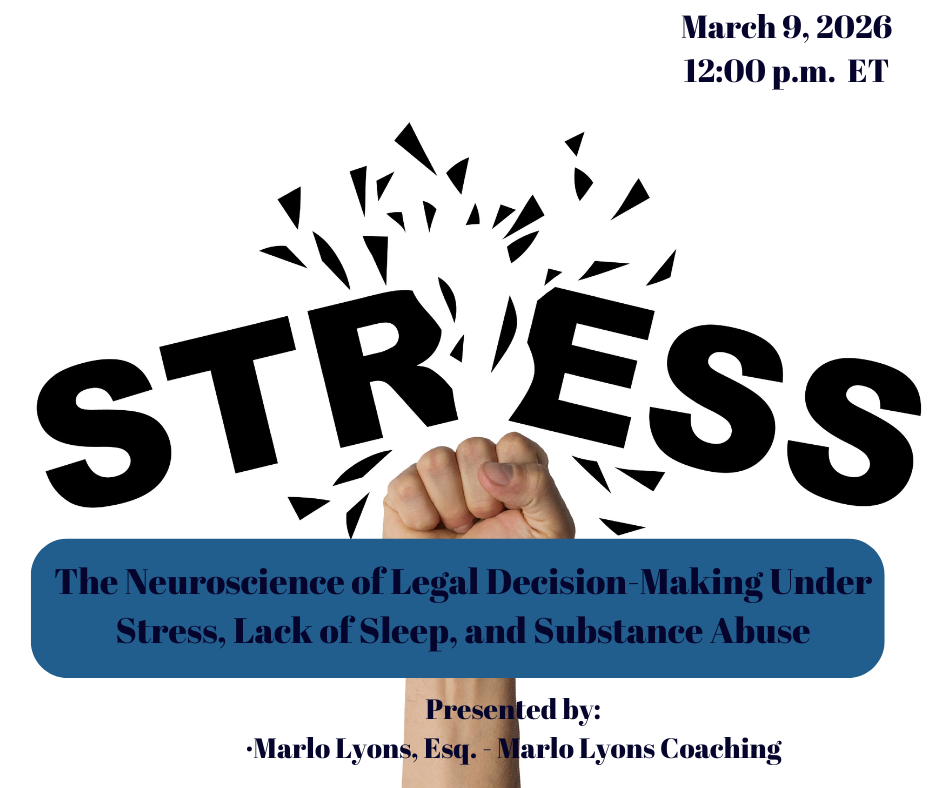
This dynamic and compelling presentation explores how chronic stress, sleep deprivation, and substan...
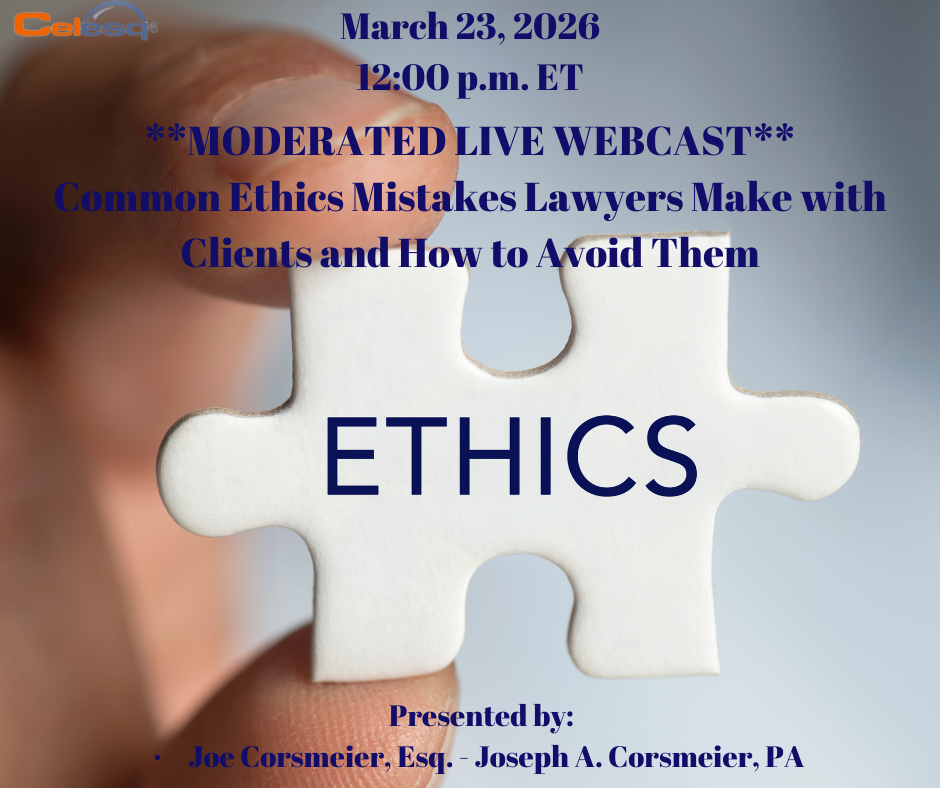
Many lawyers may not fully understand the Bar rules and ethical considerations regarding client repr...
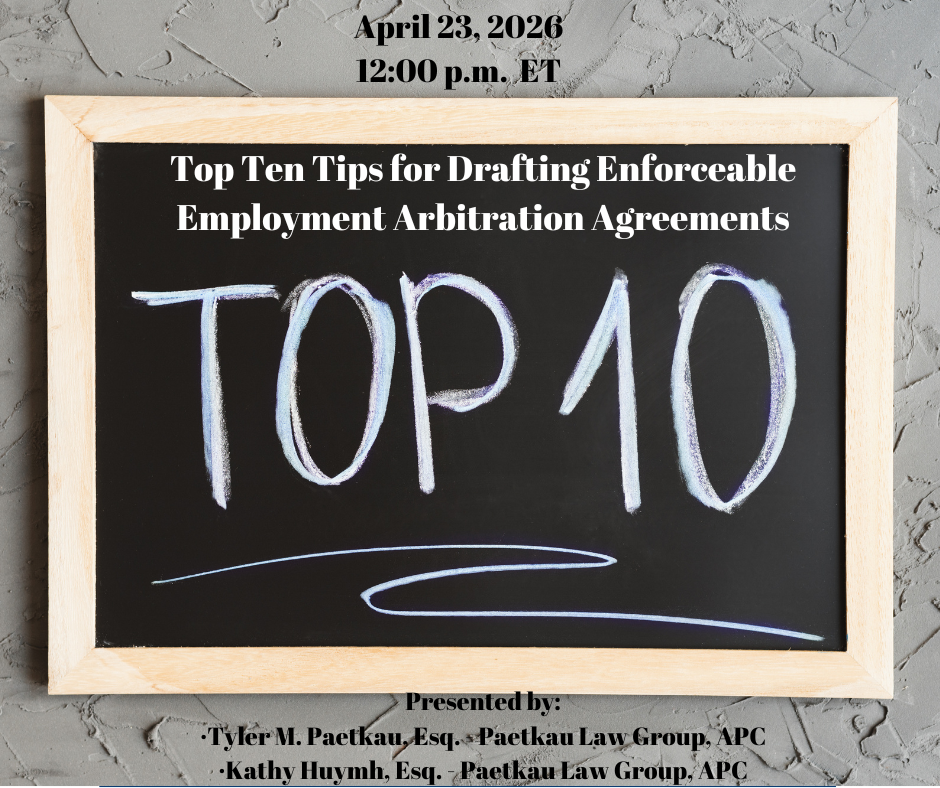
In the rapidly evolving landscape of employment law, arbitration agreements have become a cornerston...
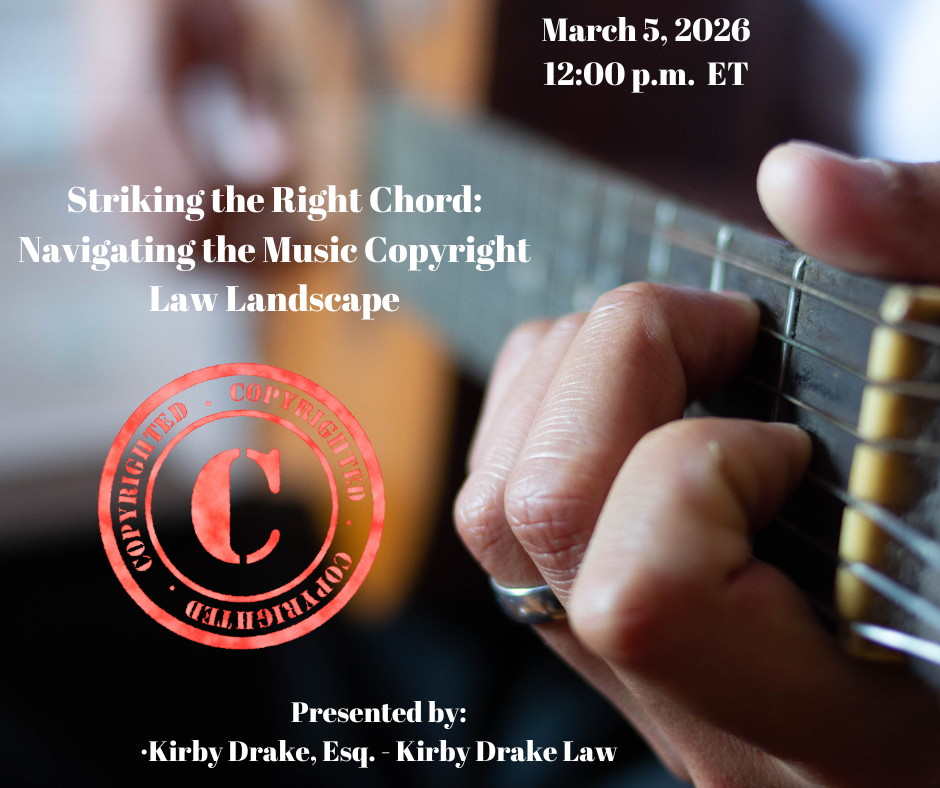
This presentation provides an overview of copyright law particularly as it applies to music. The pre...

United States patent law and the United States Patent and Trademark Office’s patent-related gu...
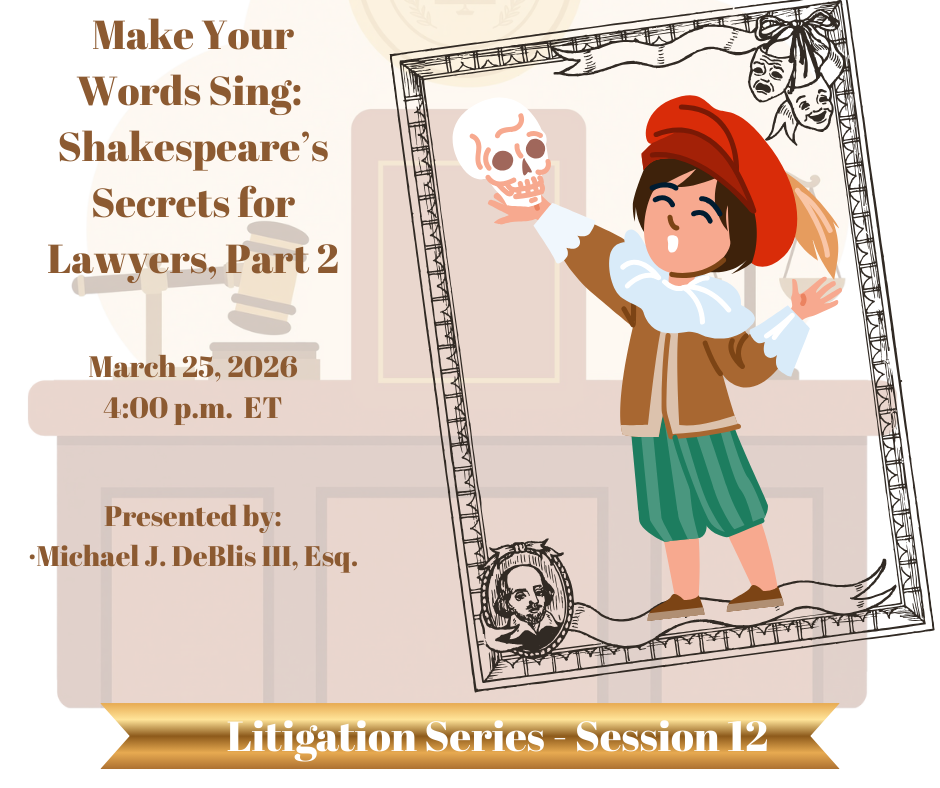
This companion program to Part 1 goes deeper into the rhetorical power of Shakespeare, emphasizing h...
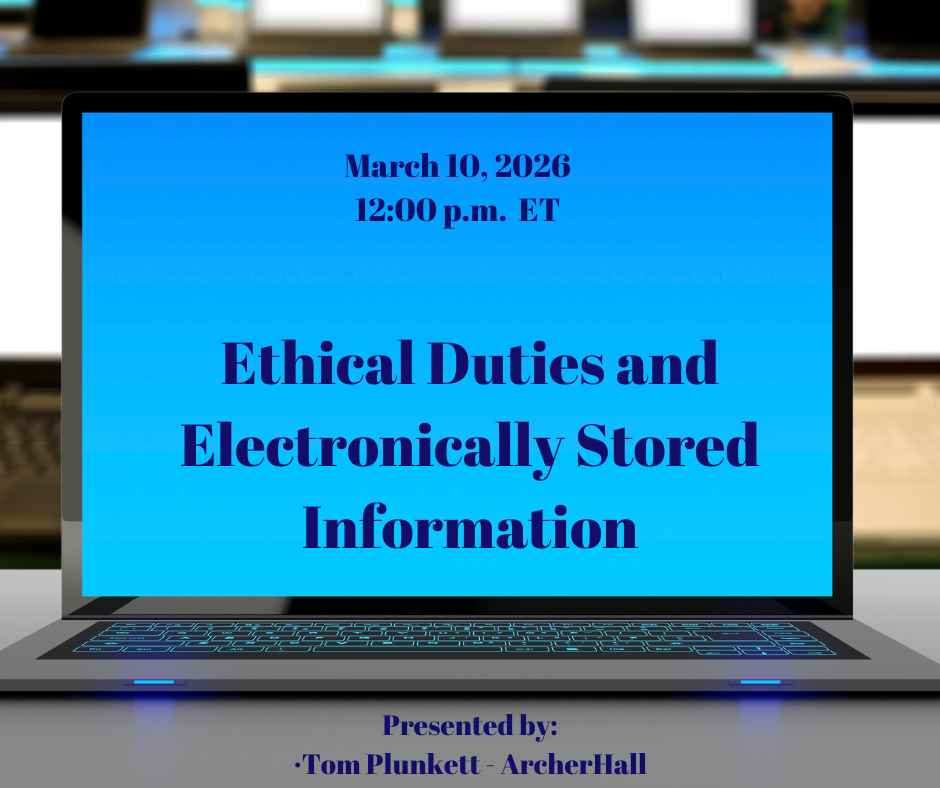
This CLE program examines attorneys’ ethical duties in managing electronically stored informat...